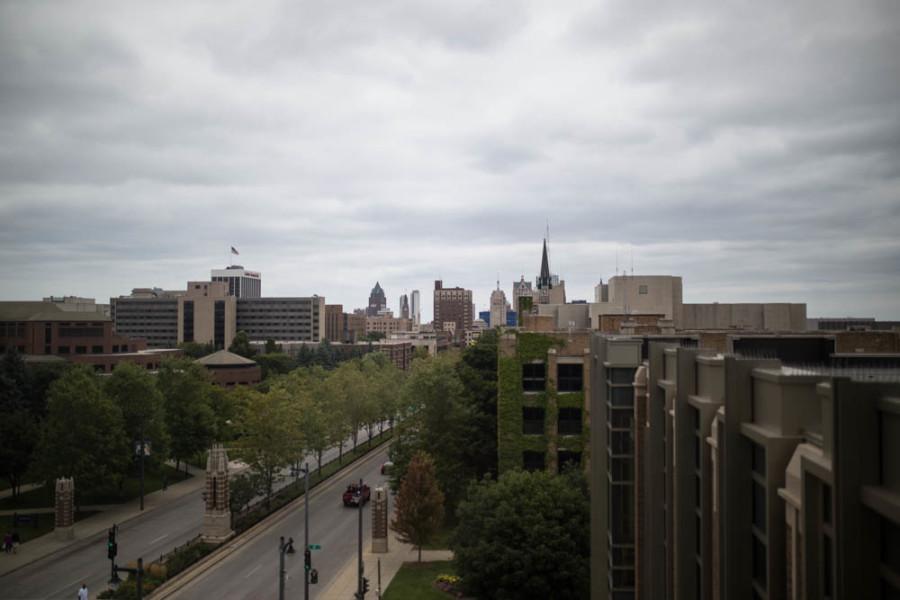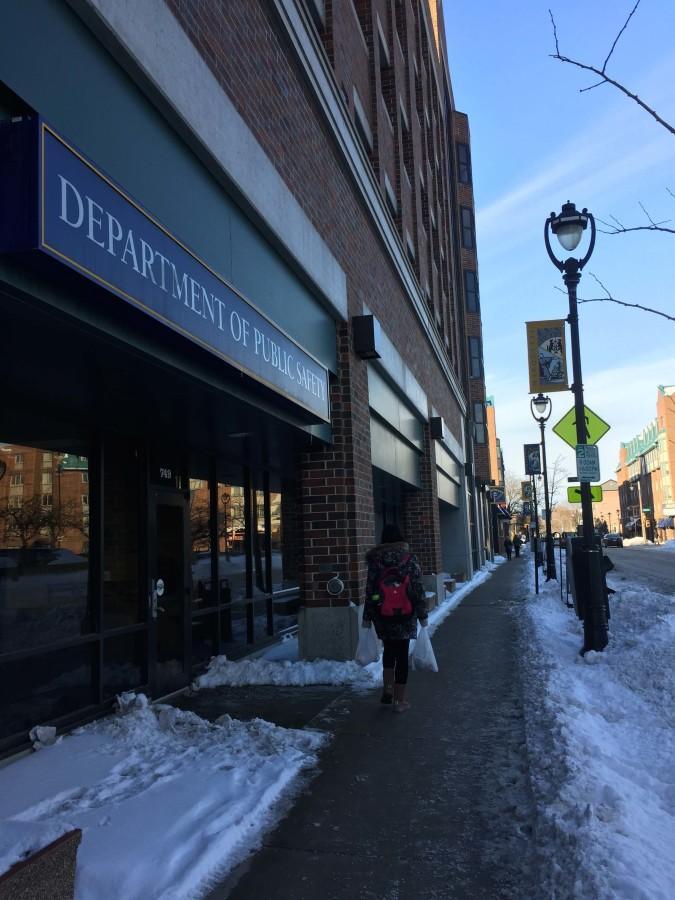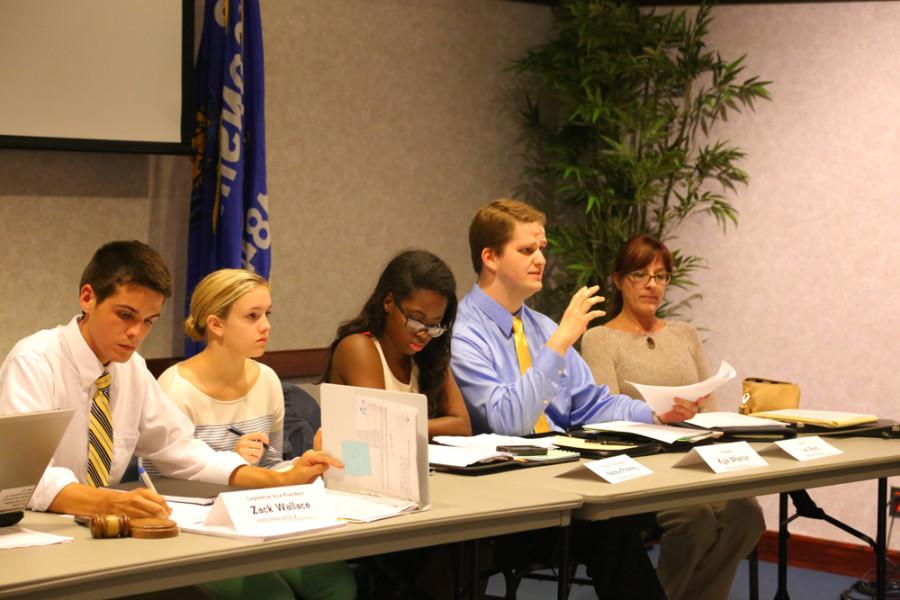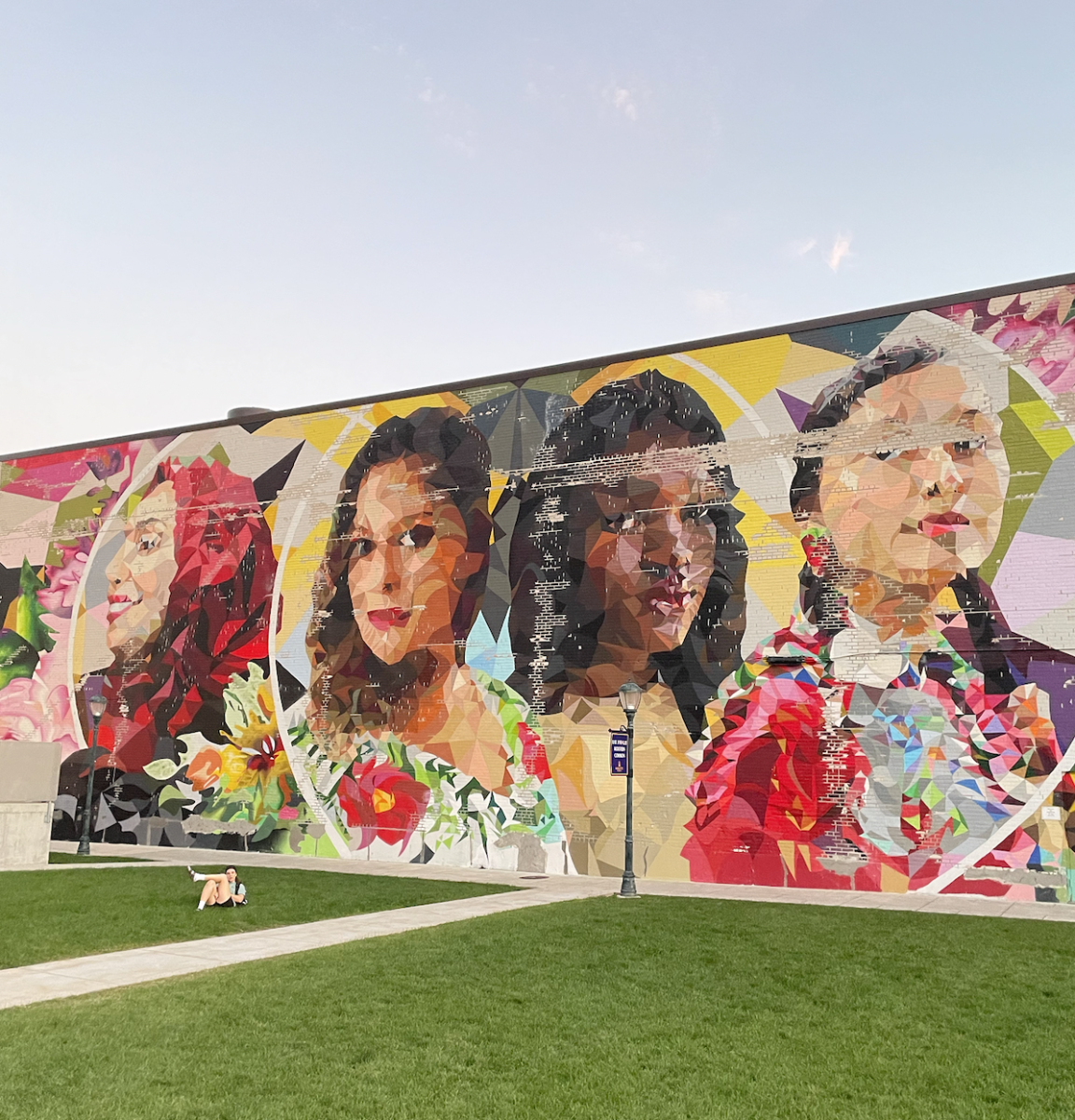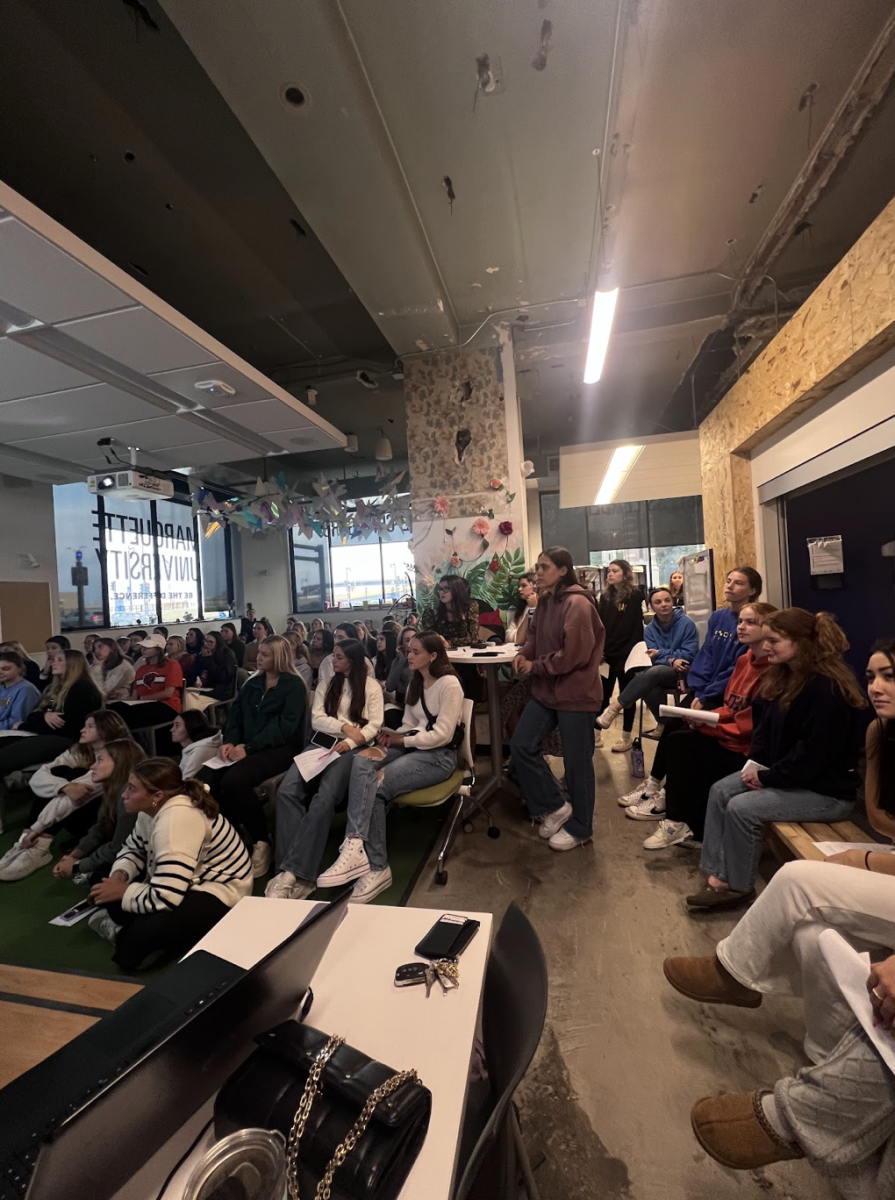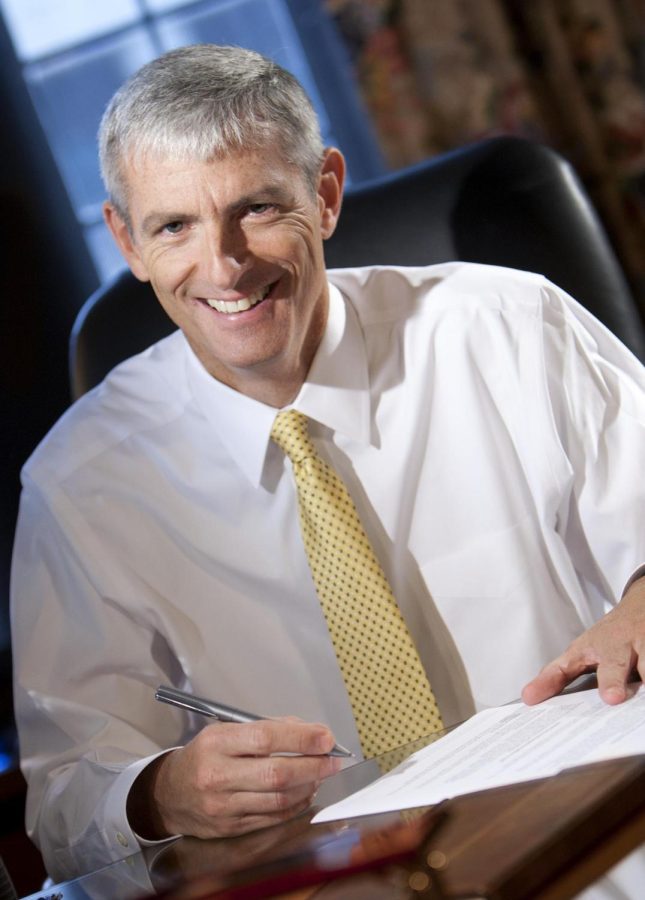Marquette students, living on the cusps of an impoverished city, face newly released data from the U.S. Census Bureau indicating that approximately a third of Milwaukee’s residents lived in poverty in 2012. According to this data, Milwaukee’s poverty rate ranked in the top 15 among the nation’s cities with populations over 250,000.
David Clark, a professor of economics, said he thinks students are well aware of how problematic Milwaukee’s poverty has become.
“(Marquette students) certainly come into contact with their lower income neighbors and unfortunately they are sometimes the victims of crime,” Clark said in an email. “Our students volunteer in a range of different activities (hunger cleanup, volunteering in social service activities, etc.) so they are socially active in working to address the problem.”
Some students, however, said their experiences don’t match those described by Clark. Estefania Elizondo, a sophomore in the College of Communication and Marquette Student Government senator representing that college, said she’s seen students try to isolate themselves from surrounding poverty.
“Marquette students are aware of Milwaukee’s poverty, but most of their interactions are limited to walking fast when they pass a bus stop,” Elizondo said in an email.
Various Marquette classes require students to complete volunteer work for a grade. Noreen Lephardt, adjunct associate professor of economics, said she finds value in that practice.
“As part of MU’s Catholic identity, I strongly support academic and applied learning about poverty in our city,” Lephardt said in an email. “It is important to realize the reasons for poverty are diverse and complicated.”
On the other hand, Clark said he thinks students shouldn’t be forced to volunteer because of a certain curriculum.
“I think that making them aware of the opportunities is beneficial, but the desire (to volunteer) needs to come from within in my opinion,” Clark said.
Elizondo said student government can be an asset to students who want to expand their service efforts.
“MUSG funds and helps student organizations coordinate their volunteering programs or events,” Elizondo said.
There are a multitude of factors that contribute to poverty growth in Milwaukee, including crime, high dropout rates and weak job growth.
“Milwaukee is often cited as one of the most segregated cities in the U.S. and poverty is highly correlated with race so the high concentration of poverty is unfortunately not surprising,” Clark said.
Lephardt said it’s important for students to remember the complexities involved with poverty and research about it.
“In understanding the complexity of poverty it is essential to understand what the data means,” Lephardt said. “When a report comes out that ranks a city based on money income, it doesn’t completely reflect the value of welfare that a family is receiving.”
Elizondo is aware of many other prominent issues that have spiraled out of Milwaukee’s poverty. Through her work at MUSG, she hopes to inform and encourage students to do what they can to help and understand their campus surroundings.
“Poverty is a problem that affects everyone in the community in different but strong ways,” Elizondo said. “Whether in regards to increased crime rates, Milwaukee’s poor education system, or its rampant human trafficking problem, poverty is a common denominator to all of these.”



